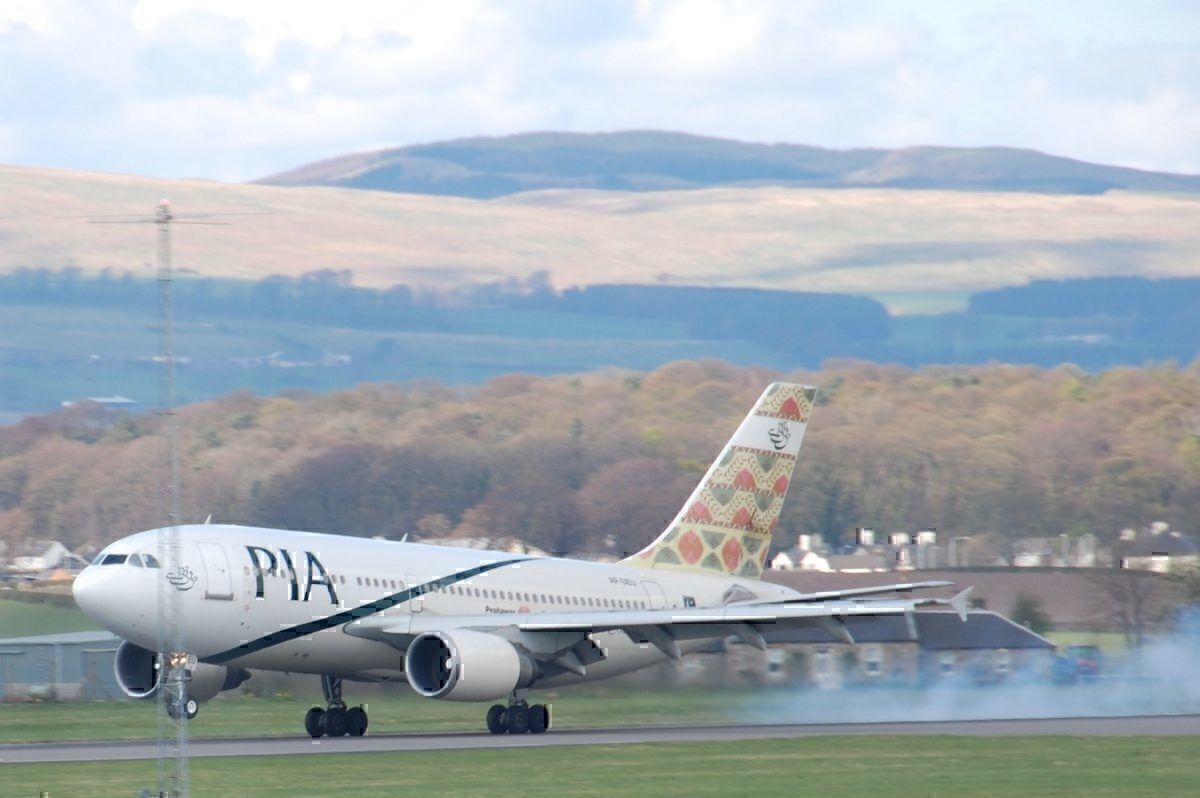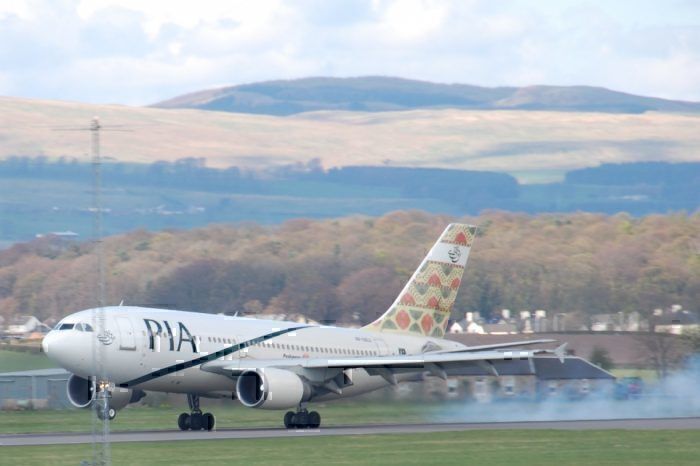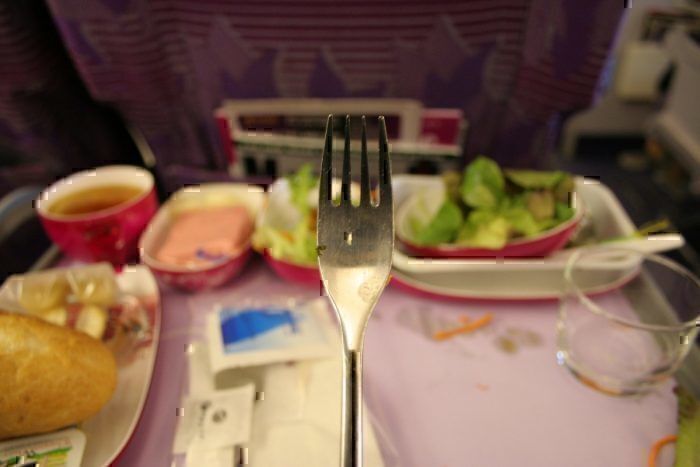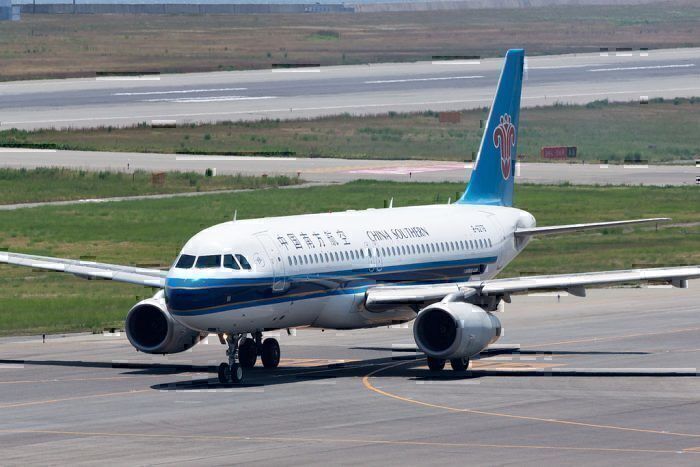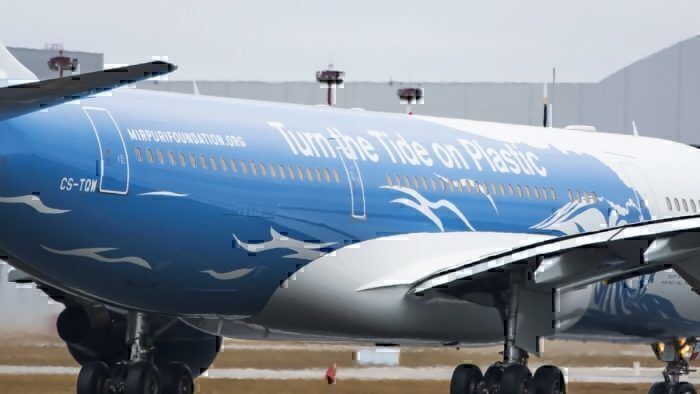Pakistan has called for 18 international airlines to stop their use of plastic cutlery on flights destined for the country. This is the latest development in the green aviation movement, but what will the ban mean for airlines?
The ban
The outcome of a meeting between the Senate Standing Committee on Climate Change on 30th September decided that any airlines entering Pakistan will no longer be able to use plastic cutlery. In addition to this, the use of polythene bags to package eco-friendly alternatives will now also be prohibited.
According to Aviation Pros, the Prime Minister's Advisor on Climate Change in Pakistan, Mr Amjad Sattar Khokhar, had this to say on the matter:
"We have given directives to airlines that they cannot use plastic cutlery in the flights as we want to stop the use of plastic. Moreover, it is observed that the cutlery is packed in plastic sacks so we have also directed them to ensure that the cutlery should be wrapped in paper rather than in polythene."
The ban seems to be an extension on a new regulation that was added to the Environmental Protection Act of 1997 earlier this year which prohibits the manufacturing, sale, import and purchase of polythene bags in Islamabad. Pakistan now has signs in its airports as well, reminding passengers that plastic bags are not to be used in the country.
A few months ago, a directive was written and sent to 18 airlines, including China Southern Airlines, and follow-ups were sent more recently to ensure that the airlines comply with the new standard. This is a move that seems to conflict with airline autonomy as they will now be governed by Pakistani laws before they even enter the territorial airspace.
Whilst China Southern Airlines was keen to understand the legalities of such a ban, apparently, other airlines have not been in contact with Pakistan's Aviation Division about the regulation.
Aviation Pros reported that, in response, Mr Khokhar said:
"Other airlines have not asked about it which means they have no objection to it."
That's one way to put it.
China Southern wrong to object?
These days, we're becoming more and more aware of the changes we need to make to avoid catastrophic global warming. On the face of it, it seems normal that most of the 18 airlines have not objected to the change. The options for eco-friendly alternatives are out there, so what's China Southern's issue?
Well, not every airline is in the correct place to commit right now. The aviation world operates numerous airlines with various budgets and not all will be ready to make the jump. But, if they want to continue operating in Pakistan, they will be forced to change the way they operate.
The reason why plastic cutlery is so popular is that it's cheap and easy to produce. Alternatives like bamboo knives and entirely consumable food trays are not likely to fit within profitable margins just yet. But it's not just because they are expensive to purchase.
Even though there is a lot of publicity these days about the ditching single-use plastics, edible trays also fit within the single-use bracket. Once they've been eaten, they're gone! It means airlines still need to consume but at a much higher price.
Airlines flying into Pakistan now have three options; change all their cutlery and packaging to biodegradable alternatives, change to an eco-friendly inflight service only on routes to Pakistan or stop flying into Pakistan entirely.
Making green possible
Although there is a lot that can be said for the directness of Pakistan's environmental regulations, changes like this really do make us stop and think.
Greener air travel is definitely possible. We've seen progress with a number of airlines, and the more they offer environmentally conscious services, the more competition is generated in this sector.
On Earth Day 2019, Etihad operated a long-haul flight from Abu-Dhabi to Brisbane completely free of single-use plastics. It was part of a pledge that will see the airline cutting 80% of its single-use plastics on its inflight service by 2022.
Hi Fly also completed a flight free of single-use plastics at the tail end of 2018 and now races to be the world's first plastic-free airline.
As a country, Pakistan's own commitment is to begin manufacturing plastic bags from other materials, such as cloth, to better manage solid waste which is difficult and expensive to dispose of.
Already, a number of airlines are on a mission to win environmentally-friendly titles in the aviation world and why not? Any changes airlines can make to benefit the planet are good ones. It will help us to keep flying way into the future.

